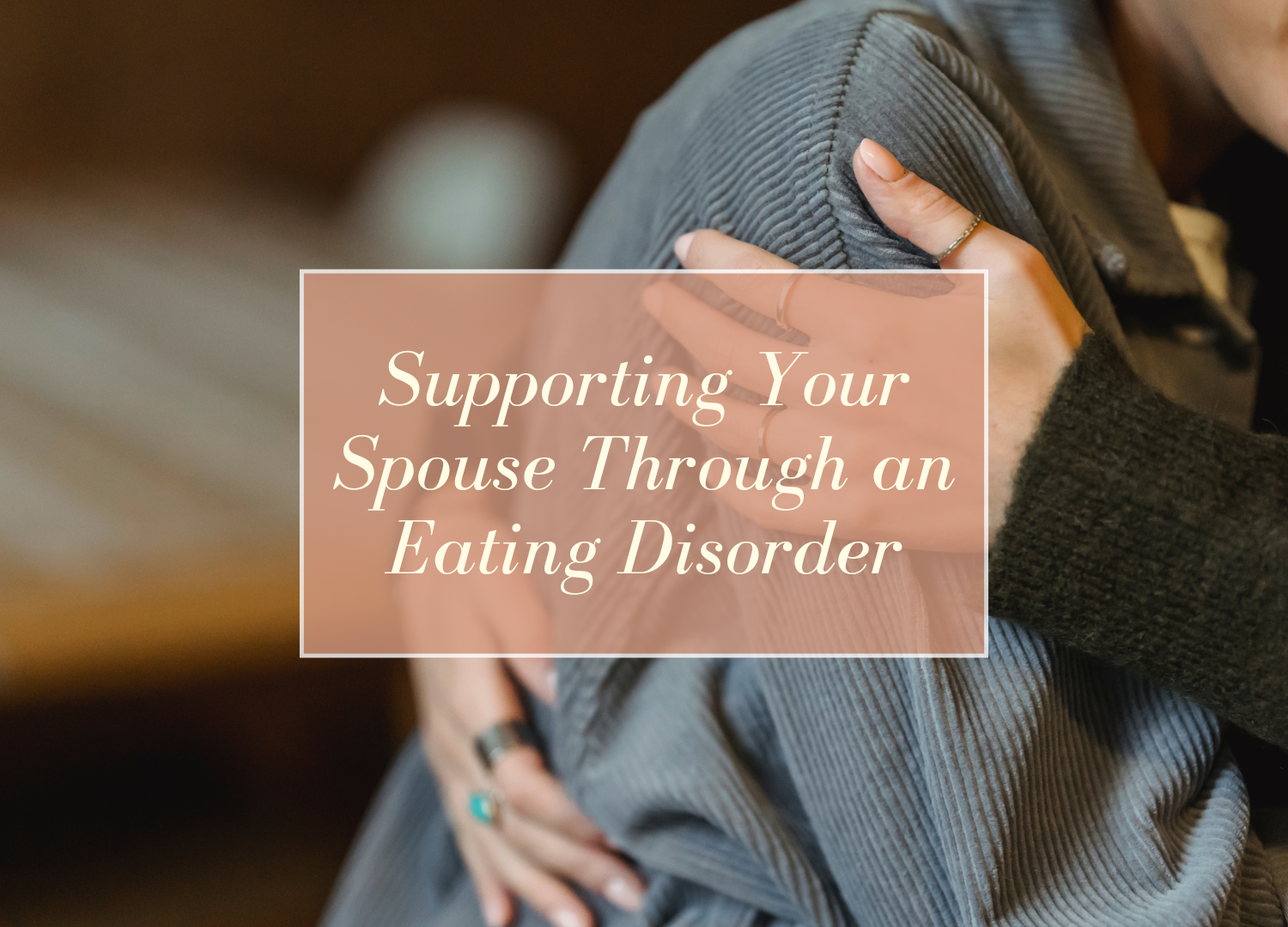How to Support a Loved One in Recovery (From Both Sides of the Story)
Hot Take: Eating disorders (ED) are intuitive, clever, and a bit jealous. Especially when you introduce a loved one into the relationship. For much of my own personal experience with ED, I didn’t allow anyone else access to it. ED was my golden coping skill, and I wasn’t about to let anyone come between us. That’s the tricky part—ED isn’t just an inner critic; it’s a relationship. And when someone new shows up, jealousy flares.
3 Ways to Support a Loved One with an Eating Disorder
In our last post, we shared 10 things eating disorder clinicians want parents to know if they have a child with an eating disorder. Similarly, today we are sharing some ways you can support a loved one - partner, family member, friend - with an eating disorder.
10 Things Eating Disorder Clinicians Want Parents to Know About Their Child’s Eating Disorder
As outpatient clinicians, we work with a variety of individuals, including adolescents, which often means working with parents and/or caregivers, as well. We understand how challenging it can be to help your child navigate eating disorder treatment and recovery and support them through the process. Today, we want to share 10 things eating disorder clinicians want parents and/or caregivers to know about their child’s eating disorder.
The Importance of Having a Dietitian and Therapist on Your Treatment Team
We understand that seeking treatment can be confusing, uncomfortable, expensive, and scary. Today, we plan to share some insights into what it's like to work with a dietitian and/or therapist at Collaborative Counseling and Nutrition, along with some tips for building your treatment team.




